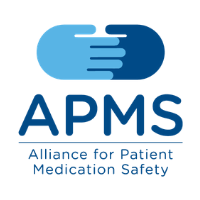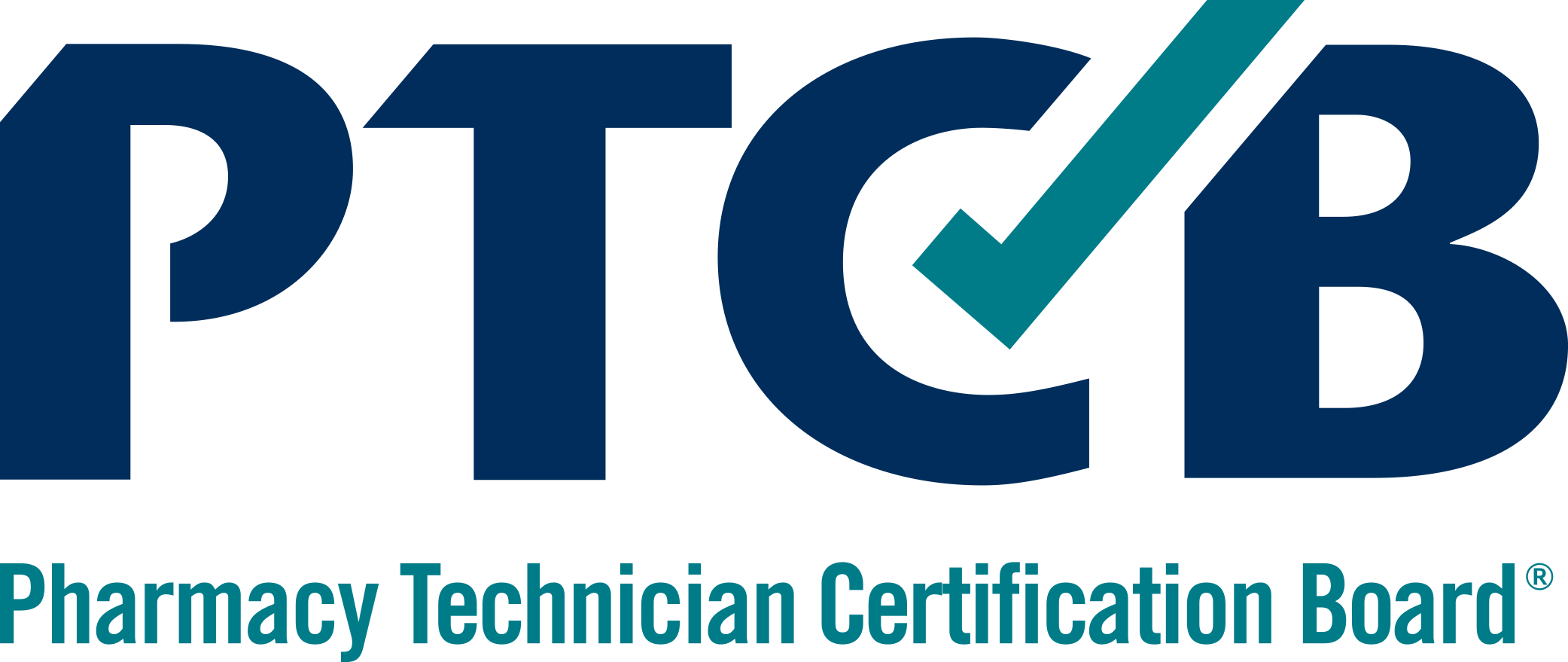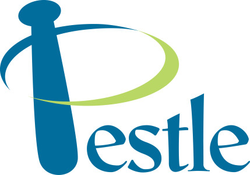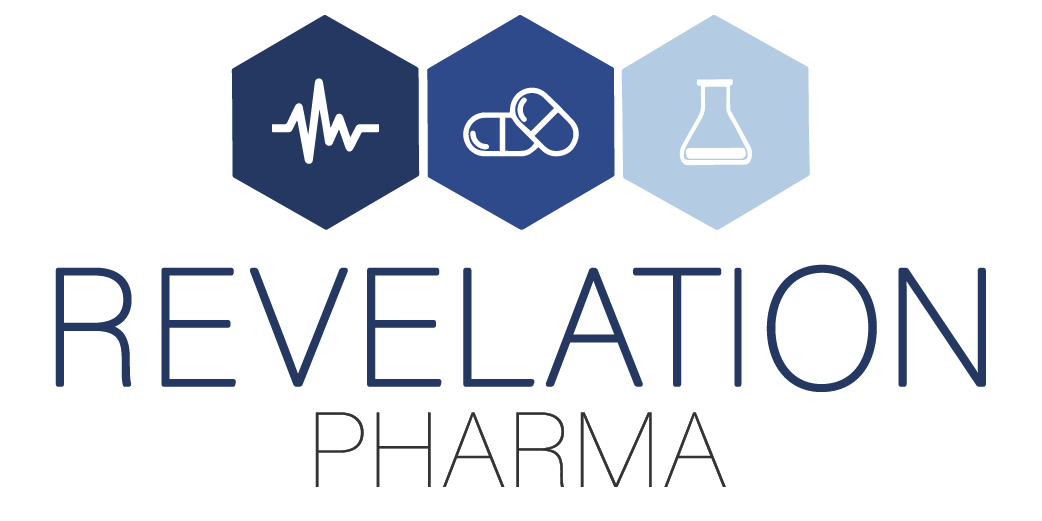May 15, 2020
Supplements and the Immune System
One body system that everyone wants working at its best is the immune system. What supplements can best help with this? There is a lot of confusing and conflicting information out there. First, let’s dive into why we recommend supplements, then we will share our top three picks for immune boosting power.
Why supplement?
When we talk about dietary supplements we mean “in addition to the diet.” Our bodies need vitamins, minerals, essential fatty acids and other types of nutrients to live, grow and heal, but often our diets lack those nutrients, so we may need to add them in or “supplement.”
The best way to receive these nutrients is through a diet with lots of the right fruits and vegetables, whole grains, and proteins (meats, nuts, and beans). That’s not always easy.
Many of the foods we choose to eat are processed in ways that strip away some of the nutrient value. Poor soil may means fruits, vegetables, and grains have lower nutrient content. Stress can use up certain vitamins and minerals. Lifestyle choices, medications, and simply aging can lead to lower levels of nutrients.
With this in mind, we can understand that adding in these nutrients from a dietary supplement may be necessary, but how do we choose?
Which supplement?
It is important to know that not all supplements are made the same. Here are some simple guidelines:
✔ Choose supplements from well-known manufacturers, or look for the Certified GMP (Good Manufacturing Practices or the USP logos.
✔ Choose the more bioavailable forms: activated for vitamins and chelated for minerals. This allows for better absorption and use by the body.
✔ Don’t just choose the most expensive! While the right one can be a little pricier, it doesn’t have to be.
Know your overall goal for taking supplements because dosing can vary. (That’s where your doctor, compounding pharmacist or natural health practitioner can help guide you.)
Now back to those immune boosting supplements. We recommend you look into vitamin C, vitamin D, and zinc.
Three immune boosters
Vitamin C
Vitamin C, or ascorbic acid, is vital to help to fight infections and for overall immune system health. In fact, a lack of vitamin C can make you more prone to getting sick. Daily intake of vitamin C is essential for good health because your body doesn’t produce or store it.
Low vitamin C levels have been linked to poor health outcomes. For example, people who have pneumonia tend to have lower vitamin C levels, and vitamin C supplements have been shown to shorten the recovery time.
Even better, regularly taking vitamin C supplements has been shown to reduce common cold occurrence in individuals under high physical stress, including marathon runners and soldiers, by up to 50%. Additionally, high dose intravenous vitamin C treatment has been shown to significantly improve symptoms in people with severe infections, including sepsis and acute respiratory distress syndrome (ARDS) resulting from viral infections.
Remember that if you want the benefits of vitamin C, you’ll need to consume it every day, and not just at the start of cold symptoms. We recommend taking 1000 mg of buffered vitamin C daily, or 2000 mg daily during times of stress or illness. The buffered form may help to reduce upset stomach which can occur when taking higher amounts of vitamin C. For optimal absorption, we suggest spreading it out during the day — think 500 mg morning, lunch, and evening.
Vitamin D
Vitamin D supplements, taken daily in moderate doses, may help to reduce the risk of respiratory infections and viruses in those who are deficient in vitamin D. It is one of the most important nutrients to optimize bone health, thyroid function, calcium absorption, cancer prevention, and immune function. The recommended form of vitamin D is vitamin D3 or cholecalciferol. This is the natural form of vitamin D that your body makes from sunlight and it is better at increasing your blood levels than other forms of vitamin D. Having your levels tested is the best method to determine proper dosing. A typical recommended dosing is 1,000 to 4,000 IUs, though short term higher doses have occurred without negative side effects.
Zinc
Zinc is a mineral essential for immune cell development and it plays an important role in inflammatory response. In essence, zinc supports the body’s natural defense system, including against the common cold.
Zinc deficiency has been linked to a variety of immune system abnormalities such as increased risk of death from pneumonia. Zinc deficiency is more common in elderly people due to reduced absorption. Others who may be low in zinc include vegetarians and people taking certain medications, such as those that reduce stomach acid and ACE inhibitors, on a long-term basis. In such people, supplementing with zinc may improve the chance of avoiding respiratory tract infection. Higher zinc blood levels have been shown to support faster healing from pneumonia and shortened hospital stays attributed to pneumonia.
The body does not store zinc so it is important to meet the daily requirements. We recommend 30 mg per day or even 40 – 60 mg per day for short-term immune support.
Final tips
✔ Verify your supplement source is a good one, someone you trust. Using the best absorbed version can make a difference! Consult with your knowledgeable compounding pharmacist if you are unsure how to determine this.
✔ Store your supplements in a clean, dry, temperature stable environment. Do not store them in the bathroom! This is one of the worst environments in the home for medications. Check expiration or packaging dates on the bottle, and discard if appropriate.
✔ Check with your compounding pharmacist or provider for drug interactions! They are well prepared to guide, direct and counsel. Even with supplements interactions can be a big concern, so make sure it works for you before you start.
Should you have trouble finding your commercially made medications, hand sanitizer, or immune boosting vitamin supplements, please consider contacting a compounding pharmacist near you. They’re happy to help you with your health concerns, especially during this difficult time.
Connect with P3 on social media! Please “like” or “follow” our pages and we will provide updates about compounding can help you and your family, and how to advocate to protect your access to customized medications.
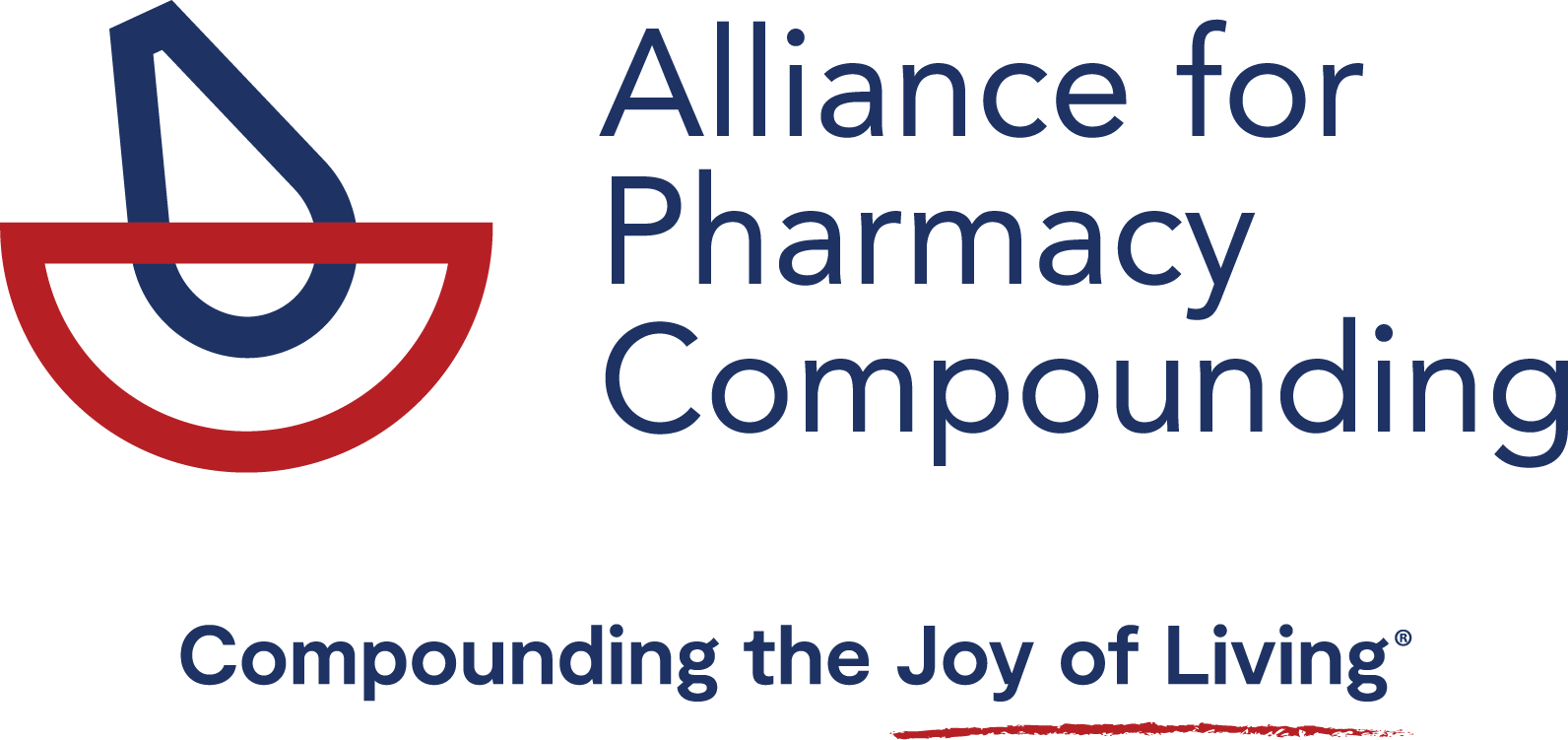











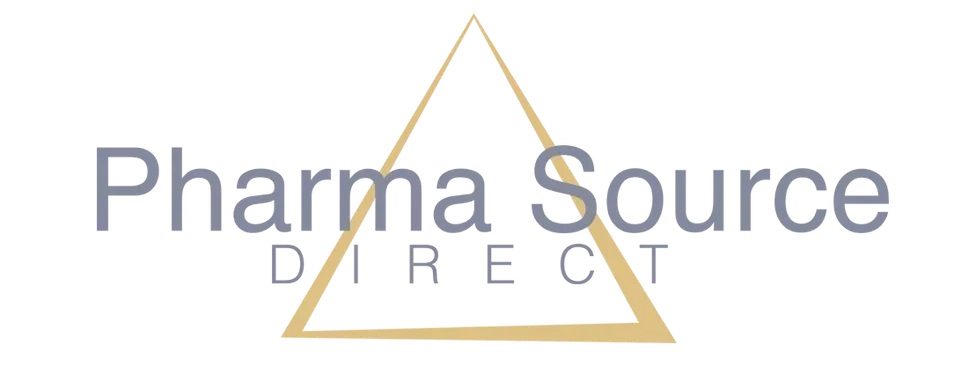




![Topi-CLICK a Division of TEAM Outlines[1]](https://a4pc.org/files/Topi-CLICK-a-Division-of-TEAM-Outlines1.png)
